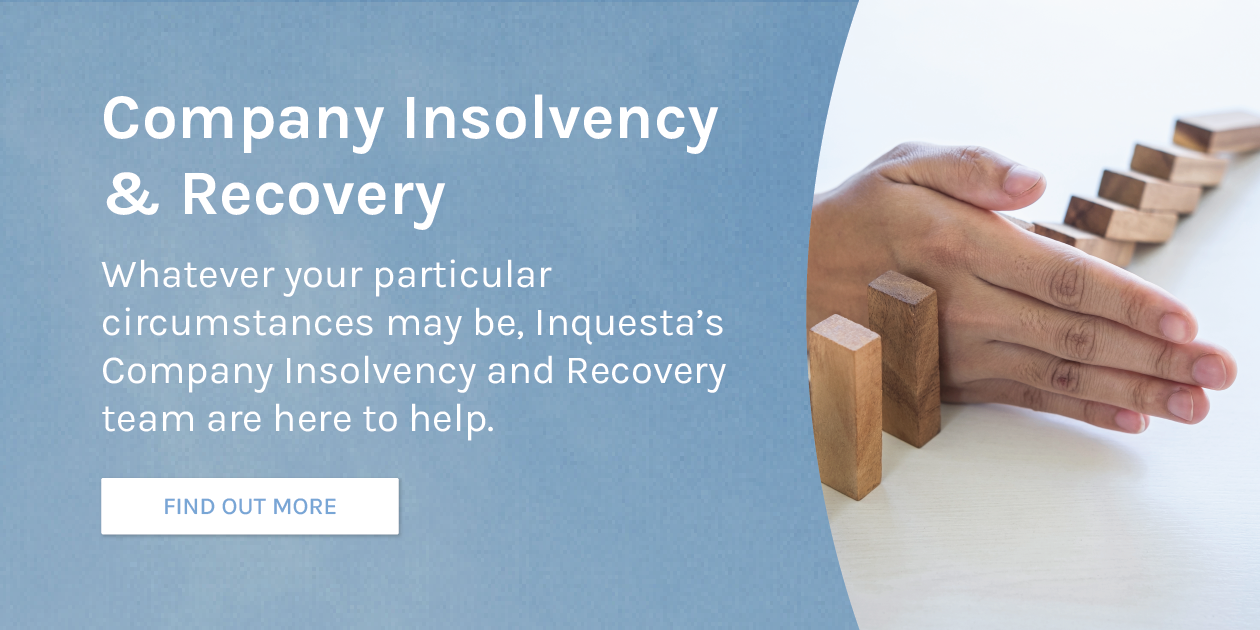While an increase in corporation tax rates might not attract quite as much publicity as income tax rises, for example, the impact it can have on businesses can be significant.
For many company owners, the period immediately following the rate’s rise may seem to be as stressful as the time between the proposal’s announcement and it being officially introduced.
If you’re a director of a business, it’s important to consider how your business might be impacted by the recent changes. In this article, we will discuss the rise in corporation tax, and how corporation tax impacts businesses, both before and after an increase.
Is Corporation Tax Increasing?
There are no current plans to increase corporation tax from its existing rates. This is in light of the most recent change, in April 2023, which increased the maximum rate to 25%. This applies exclusively to companies operating without a profit above a certain threshold.
Small business owners will not need to fear this latest increase, as rates depend entirely on the amount of profits generated over a fiscal tax year.
The corporation tax increase to 25% can be traced back to March 2021, when the then-Chancellor Rishi Sunak announced the plans. This scheme was briefly cancelled and quickly reintroduced during Liz Truss’ time as Prime Minister in 2022.
What are the Current Rates of Corporation Tax
As of now, there are two primary rates of tax for a business (19% and 25%). However, marginal relief will also apply for any company operating between the lower and higher thresholds.
For any company operating at or below £50,000 net profit for the year, your corporation tax will remain at the lower band 19% rate, the same as you would have expected to pay in the years prior to the latest increase.
When Does Corporation Tax Increase to 25% for my Business?
Your business’ corporation tax will only increase to the full 25% rate once your annual profits exceed the £250,000 threshold for a fiscal year figure introduced in April 2023. Anything between this and the £50,000 lowest band will be subject to a system of ‘marginal relief’.
Marginal relief was introduced as a method to smooth the transition between different tax rate bands, to prevent steep increases in tax rates that could cause serious financial issues,
What is Marginal Relief?
Marginal relief is a provision that comes as part of the UK tax system. Marginal relief is only enforced when a company’s net profits fall within a certain income range (between £50,000-£250,000 as of 2023).
When it comes to corporation tax, the marginal relief will reduce the amount of tax payable by your business. Working out your corporation tax in line with this new marginal relief system requires you to do the following:
- Multiply your annual profits by the top-end 25% rate.
- Subtract your annual profits from the £250,000 threshold.
- Multiply the amount from step 2 by the marginal rate multiplier (3/200)
- Subtract step 3 from step 1.
How Does Corporation Tax Affect a Business?
Corporation tax affects companies in a great number of different ways, on both a day-to-day level, and with considerations to the future of the firm. The most prominent of these impacts is to a company’s profitability, as well as causing issues with regards to both planning for the future and attractiveness to potential investors.
Ways corporations tax affects business includes:
Reduced Profitability
A major impact corporation tax has on businesses is that it hits a company where it hurts, in its profits. The higher a firm’s corporation tax rates, the higher its tax liabilities, and the more of its profits will be subject to taxation. This means reduced net profits — likely leading to lower distribution to shareholders and reduced investment into the business as a direct result.
This proportion of profits going directly to taxes could also impact funds for employee promotions, new equipment, growth, etc., therefore potentially having an impact on a business’s ability to compete and reinvent.

Questions Over Future Planning
When businesses plan out their future, they will take their corporation tax into consideration. Any and all increases to a firm’s rates could lead to them being forced to rethink their plans for the future.
Impact Future Investments
The higher a company’s corporation tax rate, the less attractive it can be when it comes to outside investment, most notably from abroad. This is because a foreign investor is often much more likely to consider investing in a business based in a company possessing more favourable tax rates for them.
The lower a company’s corporation tax, the less a prospective investor will need to pay.
Potentially Cause Financial Issues
While it might, at first thought, seem hard to conceive that a company could face financial problems as a result of an increase to tax reserved for business operating above £50,000 per fiscal year. However, it is possible.
Even profitable businesses can experience cash-flow issues, which can, if not resolved quickly, spiral into deeper financial problems. This is particularly true for companies growing and expanding very quickly. These businesses will spend heavily to fund a strategy of continued growth, effectively betting that their future revenue will be able to sustain the spend.
An increase to corporation tax could see the business sliding into serious issues and, despite appearing outwardly to be in excellent financial health, resorting to insolvency proceedings such as a CVA or liquidation.
What Should Businesses Do Following an Increase in Corporation Tax?
In the aftermath of an increase in corporation tax, there are a number of things a business owner can consider to help ensure that you can continue on as you should. This includes additional focuses on tax planning, streamlining the operation, getting outside assistance, and more.
Consider Additional Focus on Tax Planning
In direct response to the rise in corporation tax, all businesses should consider reviewing and adapting their existing tax planning strategies. This may involve any of the following:
- Exploring what tax relief/allowances would be open to you
- Assessing if business restructuring would be beneficial
- Review possible tax deductions
Determine Areas of Improvement
A rise in corporation tax could necessitate an examination of your company’s operation, including its outgoing costs and the money it’s bringing in. You may wish to consider your cost structures, identify any areas of the business that could be made more efficient, consider if the costs of any goods or services be raised in line with the tax increase, etc.
It should be remembered though, going too overboard with increasing costs/streamlining your business could alienate some of your core customers. You don’t want your audience to feel like you’re just unfairly passing the burden of the tax increase on to them.
Efficient streamlining of your operation in order to optimise your expenses can go a long way towards offsetting the impact an increase in corporation tax can have on your company and help ensure you remain in the black.
Monitor Company Cash Flow
Any rises to the regular payments a business has can have an impact on cash flow. An increase in corporation tax can be a significant change. It is imperative that businesses very closely monitor their financial position following a rise — to ensure that they have the funds necessary to meet their tax obligations without jeopardising the business’ operation.
Likely the most common method of increasing company cash flow is to attempt to renegotiate new payment terms with suppliers or on your company premises.
For information on how best to identify company cash flow problems, read our blog.
Seek Expert Advice
When it comes to your taxes, it’s better to be safe than sorry. With this in mind, seeking professional advice is hugely important. An insolvency expert can offer you valuable guidance and utilise their experience and expertise when it comes to financial restructuring and the tax system to help you through what can be a highly complicated phase.
Protect Both You AND Your Business’ Best Interests With Inquesta
To many business owners, their company becomes almost a part of their personal identity. Therefore, a headline like ‘corporation tax to increase’ can set many on edge, with good reason.
At Inquesta, we understand the importance of peace of mind when you’re running a company. Therefore, if you need support when it comes to taxes, we can help.
Any increase to corporation tax can put additional pressure on business owners and could, if a situation is allowed to decline past a point, lead to significant tax arrears. Tax debts can cause significant issues, both for a business and potentially for its directors.
The Inquesta insolvency team has been operating in their field for decades, meaning they have seen it all when it comes to restructuring a company, and liquidating a business following outstanding tax claims. We know just what it takes to help you.
We hope you found our guide both useful and informative. For more information about how Inquesta can help you, get in touch today or request a free no-obligation consultation.




